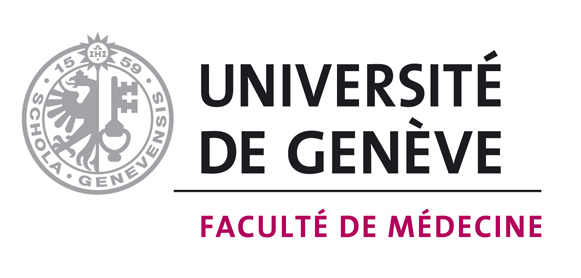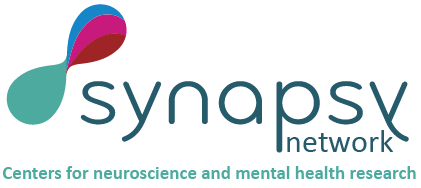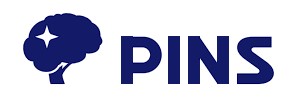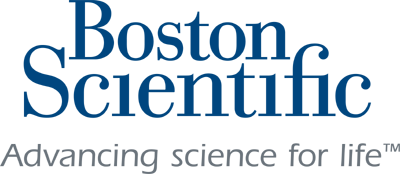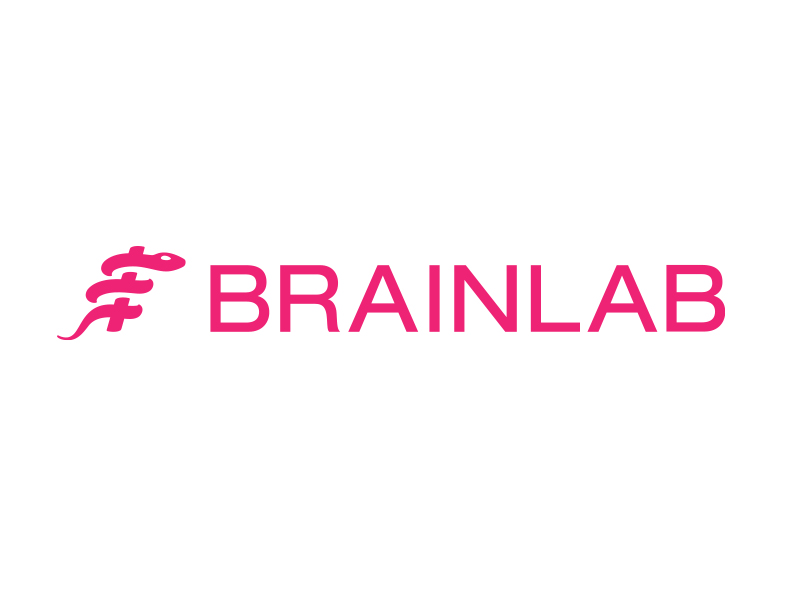OptoDBS 2024
June 12-14, 2024Speakers & Program
Introduction by Christian Lüscher & Andreas Horn
Session 1 : Preclinical ideas
Nader Pouratian & Aryn Gittis – Keynote
Manuel Mameli – Emotional contagion, serotonin and habenula in the regulation of resilience
Andrea Kühn – The role of chronic brain sensing technology for individualized deep brain stimulation therapy
Serge Picaud – From prosthetic devices to optogenetic and sonogenetic therapies for restoring vision
Alan Carleton – Improving cognitive functions in animal models of psychiatric disorders by targeting the claustrum
Session 2 : Methods development
Valerio Zerbi – Integrative Imaging : invasive and non-invasive fMRI explorations of circuits, mental states, and brain dynamics
Andreas Horn – The Connectome links Invasive and Noninvasive forms of Neuromodulation
Helen Mayberg – Decoding Multimodal Recovery Signals to Optimize DBS for Depression
Lotfi Hadjas – Excitatory inputs drive opposite responses in PDvulnerable and PD-resilient dopamine neurons
Andres Lozano – Advances in the use of DBS
Session 3 : Non invasive neuromodulation (tTDS)
Indrit Bègue – Negative symptoms of schizophrenia – looking for answers in the cerebellum with neuroimaging and brain stimulation
Friedhelm Hummel – Non-invasive deep brain stimulation : a new perspective to enhance human behavior
Chencheng Zhang – Non-invasive Temporal Interference Stimulation for Neural Circuit in Depression : A Proof-of-Concept Study
Alexander Hoyningen – Single-nuclei mRNAseq reveals distinct cell populations in the mouse subthalamic nucleus
Nir Grossman – Non-invasive temporal interference electrical stimulation of the human hippocampus
Clement Hamani – Translational Research on Deep Brain Stimulation for Posttraumatic Stress Disorder
Tifei Yuan – A cortical substrate for accumbal deep brain stimulation
Martin Parent – Raman and diffuse reflectance spectroscopy for improved guidance during DBS neurosurgery
Bechir Jarraya – Resting-state dynamics as a guide for DBS : an example of recovery of consciousness in a primate model
Session 4 : Psy DBS
Ingo Willuhn – Identifying therapeutic mechanisms of deepbrain stimulation in a mouse model for OCD
Bryan Strange – Deep-brain stimulation of the human nucleus accumbens-medial septum enhances memory formation
Nicole Provenza – Ethological neurobehavioral investigations in obsessive-compulsive disorder
Paul Johnson – Non-invasive hyper-concentrated focal drug delivery to the brain
Paulo Andrade – DBS beyond movement disorders : actual status
Sarah Ayash – Translational mouse model of resilience to socialstress
Andrew Sharrott – Towards closed-loop deep brain stimulation for the treatment of Alzheimer’s disease
Valerie Voon – The heterogeneity of impulsivity : insights from intracranial subthalamic stimulation
Sponsors



